Stone tools reveal continuous settlement in northern India.


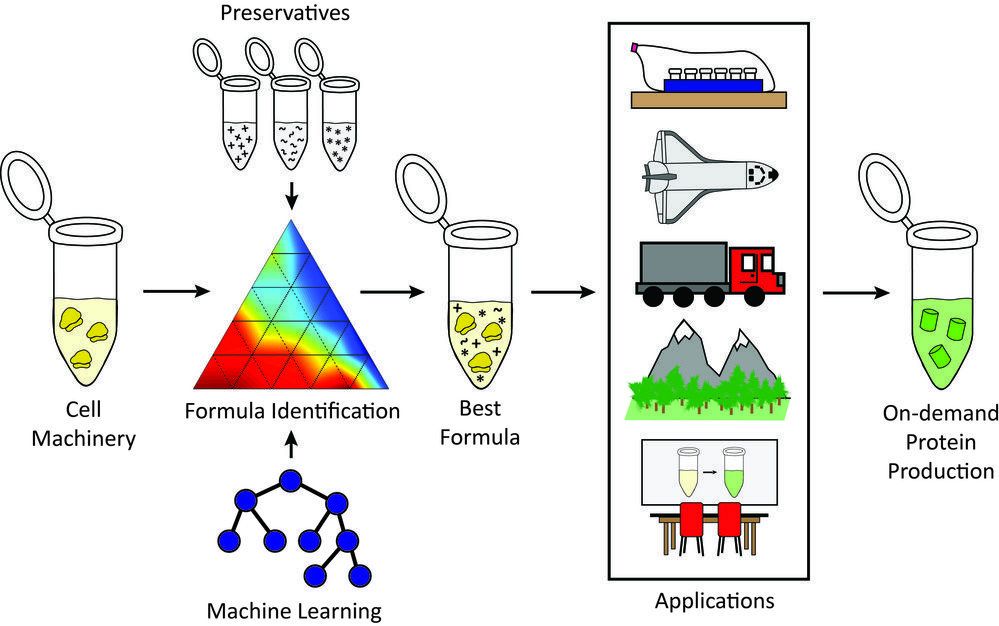
Researchers at California Polytechnic State University have developed a low-cost approach that improves cell-free biotechnology’s utility for bio-manufacturing and portability for field applications.
Cell-free protein synthesis (CFPS) is a biotechnology that harnesses active cellular machinery in a test tube without the presence of living cells, allowing researchers to directly access and manipulate biochemical processes. Scientists and engineers are looking to utilize cell-free biotechnology for numerous applications including on-demand biomanufacturing of biomaterials and therapeutics, point-of-care diagnostics of disease biomarkers and environmental pollutants, and transformative biochemical education platforms.
Cell-free biotechnology researchers have already made many of these applications a reality in the lab, but getting them to work in the field, clinic and classroom is more difficult. The cellular machinery extracted for use in cell-free biotechnology contains biomolecules such as proteins and RNAs, which break down at warmer temperatures, greatly limiting the shelf life of the cellular machinery. Transporting it from one laboratory to another or taking it out of the lab for field applications requires refrigeration to maintain its activity. Being tethered to the “cold chain” is a fundamental limit to meeting cell-free biotechnology’s potential.

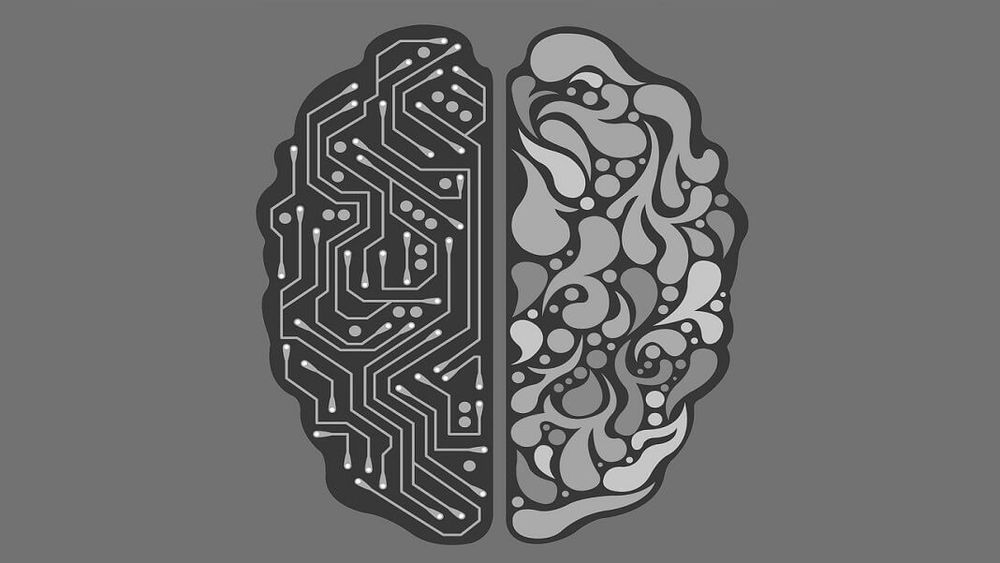
Even in this experiment, though, the “psychology” of the algorithm in decision-making is counter-intuitive. For example, in the basketball case, the most important factor in making the decision was actually the player’s jerseys rather than the basketball.
Can You Explain What You Don’t Understand?
While it may seem trivial, the conflict here is a fundamental one in approaches to artificial intelligence. Namely, how far can you get with mere statistical associations between huge sets of data, and how much do you need to introduce abstract concepts for real intelligence to arise?

I wonder how many passengers caught the Wuhan Coronavirus on this flight to LA, but don’t know it because they are asymptomatic.
LOS ANGELES (KABC) — A Korean Air flight attendant was diagnosed with coronavirus shortly after working on a flight to Los Angeles, South Korean media is reporting.
The flight attendant worked on a flight from Incheon to Los Angeles and may have spent time in Los Angeles before boarding a return flight. The same person also had recently worked on an Incheon-Tel Aviv route.
Los Angeles County health officials said they are aware of the media reports and are awaiting confirmation from the U.S. Centers for Disease Control.
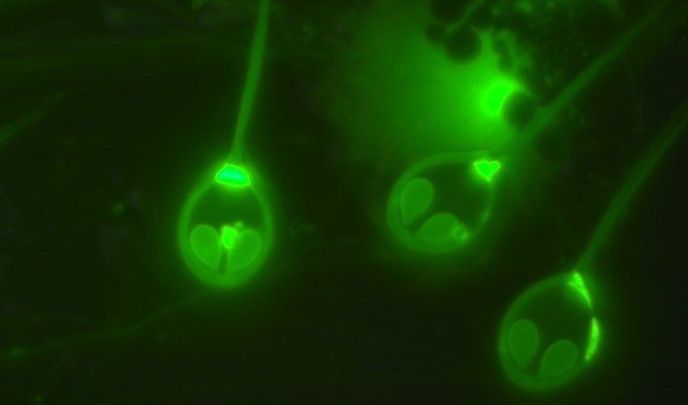
Bizarre it is.
Some truths about the Universe and our experience in it seem immutable. The sky is up. Gravity sucks. Nothing can travel faster than light. Multicellular life needs oxygen to live. Except we might need to rethink that last one.
Scientists have just discovered that a jellyfish-like parasite doesn’t have a mitochondrial genome — the first multicellular organism known to have this absence. That means it doesn’t breathe; in fact, it lives its life completely free of oxygen dependency.
This discovery isn’t just changing our understanding of how life can work here on Earth — it could also have implications for the search for extraterrestrial life.
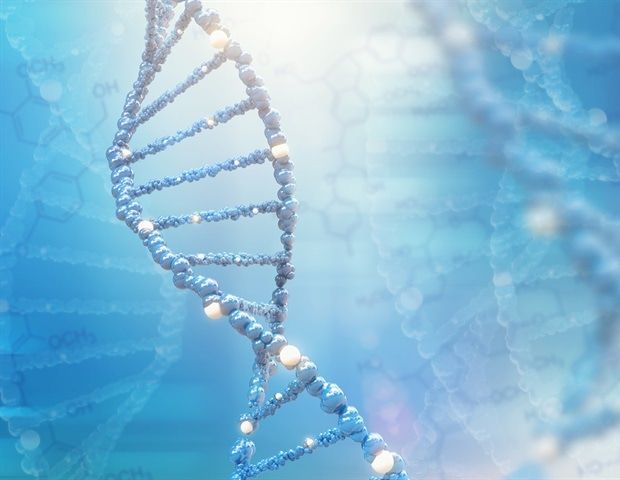
Reduced stress is linked to changes in the profile of plasma metabolites, a new study from the University of Eastern Finland shows. According to the researchers, the findings can shed light on the associations of psychological well-being with metabolism and the risk of disease. The study was published in Scientific Reports.
Psychological stress is known to be associated with obesity, low-grade inflammation and metabolic disorders, but the underlying mechanisms remain poorly understood. In the newly published study, the researchers used metabolite profiling to study whether improved psychological well-being is associated with measurable changes in metabolism. The study is a sub-study of Elixir, a large multi-center lifestyle intervention study conducted by the Universities of Helsinki, Eastern Finland and Jyväskylä, and the Finnish Institute of Occupational Health.
The study participants were obese individuals with perceived psychological stress symptoms at the onset of the study. They were divided into two groups: one group to undergo a psychological lifestyle intervention (60 individuals) and a control group (64 individuals). Both groups managed to lose weight, but reduced stress and improved psychological well-being were reported by the intervention group in particular. Using metabolomics techniques, the researchers performed an extensive analysis of fasting metabolites in all study participants at beginning of the study and again nine months later, after the intervention had ended. Stress and psychological well-being were assessed by surveys and heart rate variability measurements.

NASA announced Johnson’s death on Monday.
Johnson was part of NASA’s “Computer Pool,” a group of mathematicians whose data powered NASA’s first successful space missions. The group’s success largely hinged on the accomplishments of its black women members.
Johnson was among a group of black women mathematicians who helped power NASA’s space travel in the early 1960s when the agency was still segregated.
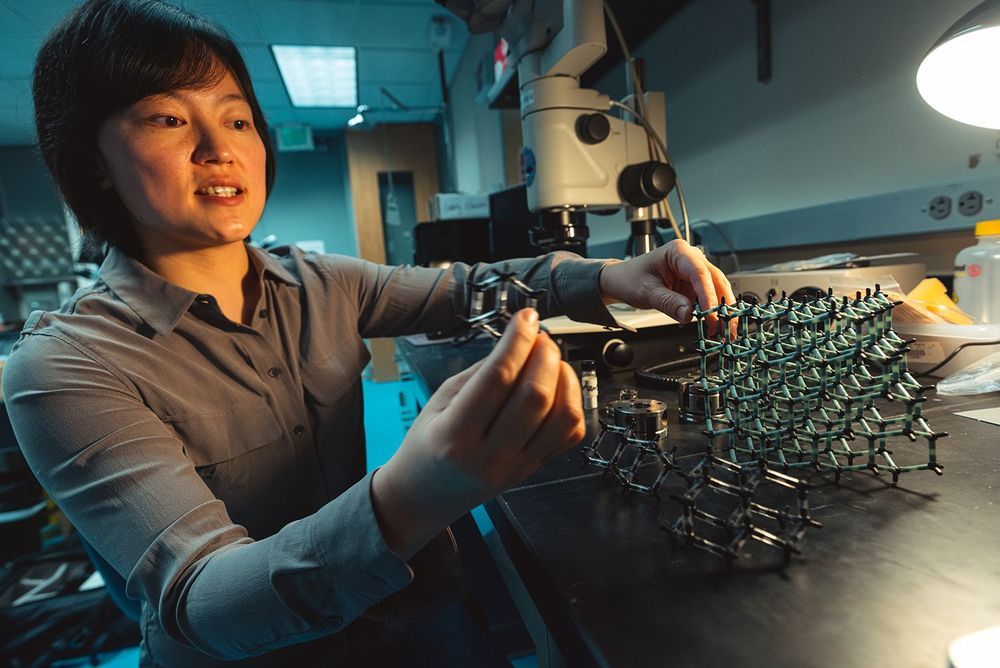
Research that investigates the mechanisms behind diamond formation, and uncovers new ways to produce synthetic forms of the unique stone, could mean big things, and not just for the coffers of jewelers around the world. A new type of artificial diamond developed by scientists at Stanford University sheds yet more light on this high-pressure production process, with a molecule found in crude oil and natural gas serving as their starting point.
Conventional diamonds take shape hundreds of miles beneath the Earth’s surface, under extreme heat and pressure that causes carbon to crystalize into the valuable stones. The ones we see above ground were shot upwards towards the surface through volcanic eruptions millions of years ago.
Scientists have spent decades tinkering with different ways to turn various materials into synthetic versions, with diamond giant De Beers even getting in on the act. These methods, however, have generally involved massive amounts of energy and require catalysts to trigger the transformation. The researchers at Stanford’s School of Earth, Energy & Environmental Sciences set out to find a simpler way of doing things.

Artificial intelligence can help doctors and patients with meningiomas make better treatment decisions, according to a new study.
Meningiomas are tumors that arise from the membranes surrounding the brain and spinal cord. They are the most common primary central nervous system tumor, with an incidence of 8.14 per 100,000 population.
While they generally have better outcomes than other brain tumors, there is a great deal of variability in aggressiveness. Being able to predict malignancy and accurately estimate survival is therefore incredibly important in deciding whether surgery is the best option for the patient.